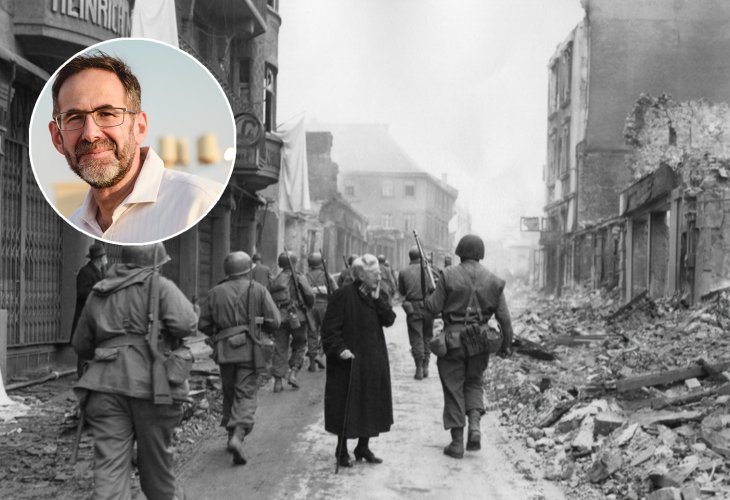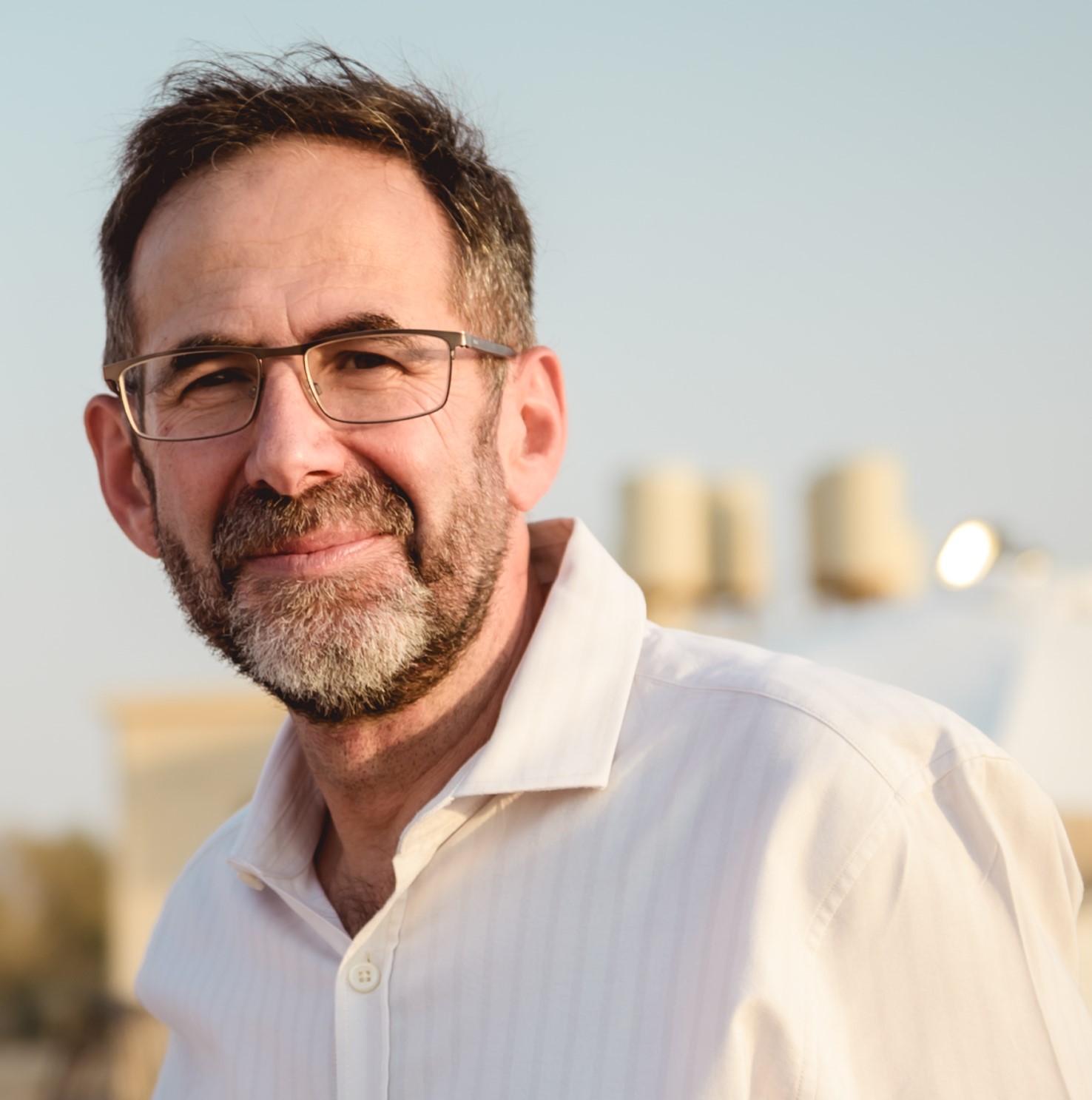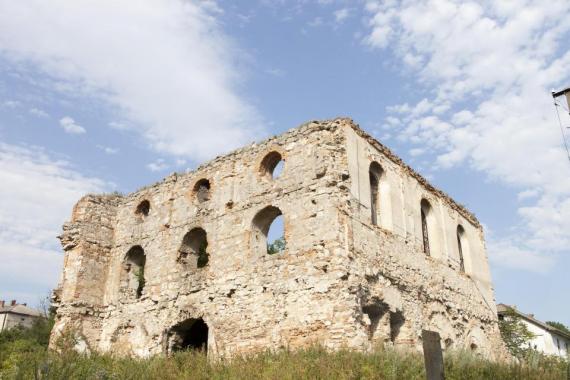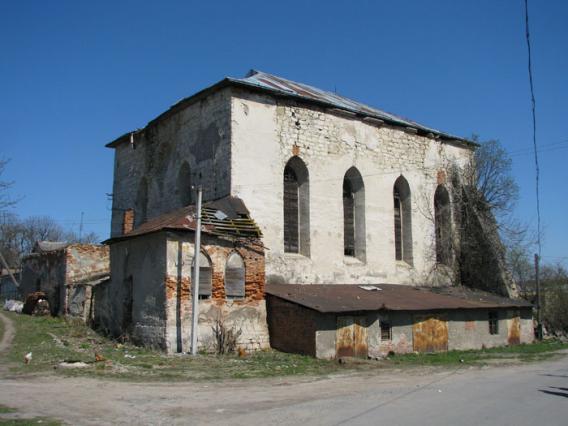History Repeats – What We Documented Before World War II is Happening Again
The Galicia and Bukovina Jewish Association watches the war in Ukraine with concern. "It's frightening to see how history repeats itself, and the documentation from before World War II becomes so tangible today," says the association's secretary in a chilling interview.
 Documentation from World War II (Photo: shutterstock)
Documentation from World War II (Photo: shutterstock)"We see what is happening these days in Ukraine, and it breaks our hearts," says Ilya Luria, the secretary of the 'Galicia and Bukovina Jewish Association' – an organization that promotes research and remembrance of the Jewish heritage in Ukraine. Luria immigrated to Israel from the Soviet Union at the end of the 1980s. In his past, he worked in the computer field, but since coming to Israel, he chose to specialize in the history of Israel.
"For years, we have been documenting the lives of Jews in Galicia and Bukovina, which today lie on the border between Ukraine, Poland, and Romania," he recounts. "Our documentation mostly deals with the period between the two World Wars, but now we feel as if history is almost repeating itself – with absolute precision. The emotions are exactly the same. Again, we see images of bombings, people fleeing, homes being damaged, and Jews leaving without knowing if they will ever return to their homes, and even if they do – what will remain of those homes, and under what regime will they fall."
"We recently started a special project of a 'Historical Atlas' that illustrates exactly where Jews lived in each of these areas between the two World Wars, and it is chilling to think that we may soon experience border and territory changes again, just like then."
 Ilya Luria
Ilya Luria
Jewish Lives Cut Short
Luria joined the Galicia and Bukovina Jewish Association shortly after its establishment, and he notes that he sees it as a true life mission. "When speaking about Galicia and Bukovina, it is important to understand that these were regions in Ukraine with a massive Jewish community, with vibrant spiritual life. For instance, before the Holocaust, about 800,000 Jews lived in Galicia. There was a highly developed Jewish life there, with many institutions, yeshivas, Hasidic courts, and religious services of all kinds – it all flourished immensely. Judaism in Galicia and Bukovina crossed boundaries and made enormous contributions to the development of Jewish culture worldwide.
"Throughout the two wars, Jewish communities faced massive destruction, and many Jewish residents left or fled, and many were murdered," he adds. "Take, for example, the small town of Sotelvin in Galicia. In 1900, it had 1,948 Jews out of a general population of 3,814, but after World War I, only 620 Jews remained. Tragically, after World War II, only two Jews were left. Similar numbers can be seen in other towns and cities in those regions.
"There are no words to describe the pain of the destruction, as there were so many cities, towns, and villages in Galicia and Bukovina where many Jews lived, but today almost nothing remains. "And precisely because of this," Luria emphasizes, "we see it as our mission to raise these issues and increase public awareness of the great spiritual treasure that existed there. We try to document, preserve, and encourage as much research as possible in the field so that people do not forget and that they get to know a little more about the history of these regions."

You constantly mention Galicia and Bukovina together. Did they always function as a single unit?
"Yes, they are adjacent to each other, both geographically and in terms of their historical fate. Incidentally, Galicia and Bukovina were created after the partition of Poland. They connected at the end of the 18th century and became very close in terms of culture and Jewish development in these places since the roots of most Bukovinian Jewry lie in Galicia. Therefore, we see them as a single unit."
And what was the economic status of the Jews in those places?
"Most Jews were very poor, especially those who lived in the villages, but there were also wealthy families. For example, Jews in the city of Czernowitz, located in Bukovina, particularly stood out for their success in industry and trade. Also, in the city of Stanislavov, considered very central, there were many factories owned by Jews. There is still a beverage factory that has been operating until very recently, established by the Lieberman family – one of the important Jewish families that lived in the city."
And what was the relationship with the non-Jews? Was there antisemitism?
"Antisemitism was always there, throughout the years. Sometimes it was more prominent, sometimes less, but it was always visible. The peak of antisemitic outbursts, of course, occurred during war periods, particularly during World War II. There are many known cases where locals collaborated with the Nazi occupier to exterminate the Jews."
The Goal: Preserve What We Can
What can be seen today when visiting Galicia and Bukovina?
"Unlike other places, where there are Jewish cemeteries and organized graves of tzaddikim visited by groups of Jews from around the world, in Galicia and Bukovina, there are hardly any such sites, and I think that's very unfortunate. As part of our activities, we strive to preserve and document cemeteries where great sages of Israel and very well-known rabbis from previous generations are buried. Interestingly, thousands of tombstones we revealed in Jewish cemeteries are artistically and beautifully designed, unlike other tombstones in the area.
"Throughout the cities and villages, you can also see remnants of a few synagogues, sometimes preserved from the Middle Ages. But this is a small fraction of what existed in those years. Because in the days of Galicia and Bukovina's prosperity, each city and town had several synagogues, each associated with a certain trend in Judaism – there was always a big study house, and in addition a Hasidic shtiebel, a tailor's study house, and a variety of synagogues that testified to the interesting diversity of the inhabitants who lived there. What remains is almost nothing. Here and there, one can see a Jewish urban texture, and in some towns, public buildings that once served Jews have been preserved, or are known to have housed tzaddikim, around which the typical Hasidic courtyards stood. Additionally, there are sites of heroism commemorating Holocaust victims."

Are there still Jewish communities in those places?
"In the large cities, there are communities. For example, in Lviv - the largest city in Galicia, there is a relatively significant Jewish community. Incidentally, Lviv recently made headlines regarding Ukrainians fleeing there because of the war. It's frightening to think of that because in the days between the two world wars, Lviv also served as an escape route, and pogroms were perpetrated by soldiers and local residents. Sadly, Jews who chose not to leave Galicia in those days were later murdered by the Nazis and their collaborators."
Luria emphasizes that as part of the association's activities, they not only care about the preservation and renovation of Jewish sites but also encourage research in the field. That is also why a group of researchers from their organization is currently in Ukraine, and it is not yet clear if they will stay there for research purposes or leave due to the war.
Do you continue your regular activities even during this period?
"Yes, we continue because there is always interest in preserving and remembering. On the other hand, we realize that some of our investments in renewing cemeteries and renovating sites might go to waste if, God forbid, the Russian army damages those areas. There is no doubt that what is currently happening in Ukraine is a disaster of unforeseen proportions, which will certainly enter history books. I only hope it won't be under the title ‘Third World War’."

